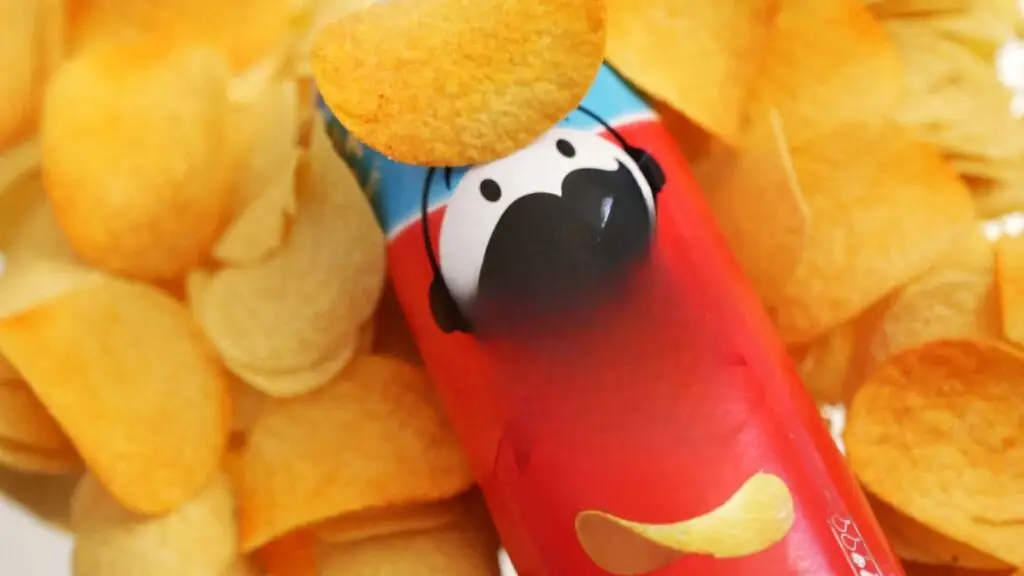Mars has announced a monumental £28 billion acquisition of Kellanova, uniting popular brands under one roof.
This significant merger is expected to enhance the global distribution of both companies, focusing on expanding their presence in emerging markets.
Acquisition Details
Food giant Mars has announced it is acquiring snacks and cereal company Kellanova in a $36 billion (£28 billion) deal. The merger will combine brands such as Mars chocolate bars, Snickers, and M&M’s with products like Pop-Tarts, Pringles, and numerous popular cereals. This is anticipated to be the largest corporate takeover announced this year.
The acquisition is expected to significantly expand the global reach of both companies’ products. Executives believe it will create opportunities for brands to be sold more widely, particularly in markets like China and Africa. Kellanova’s chief executive, Steve Cahillane, highlighted the potential for increased sales of Pringles in China and M&M’s and Twix in Africa.
Corporate Structure and Motivation
The merger follows Kellogg’s recent division into two companies: Kellanova and WK Kellogg Co. WK Kellogg Co focuses on cereals for the North American market, while Kellanova handles products for the rest of the world. The split aimed to streamline operations and target specific market needs.
Mars’ CEO, Poul Weihrauch, expressed confidence in the merger, describing it as a merger of two iconic American businesses. He stressed that the complementary nature of their operations supports the industrial logic of the deal. “This is a perfect fit,” he said.
However, some experts caution that the sheer size of the merging firms could attract regulatory scrutiny. Seth Bloom, a former lawyer for the US Senate’s antitrust subcommittee, noted the potential risks due to the companies’ market dominance.
Regulatory Considerations
The deal’s completion, expected in the first half of 2025, is contingent upon approval from competition regulators. Analysts suggest that the limited overlap in the companies’ product offerings may ease regulatory concerns. Still, there is significant risk of scrutiny given the firms’ leadership in their respective markets.
Steve Cahillane remains optimistic about securing regulatory approval. He believes that the complementary nature of the companies’ products will help in obtaining the necessary permissions.
Market Implications
The merger aims to address stalled growth in the packaged food industry, which has struggled with high inflation and rising costs in many international markets. By uniting their brands, Mars and Kellanova seek to boost sales and expand their market presence.
Kellanova’s most well-known cereals in the UK market include Corn Flakes, Coco Pops, and Rice Krispies. These products will likely benefit from Mars’ extensive distribution network, helping to enhance their availability and market penetration.
There is also potential for leveraging each company’s strengths to innovate and introduce new products. This could drive further growth and competitiveness in the global market.
Leadership and Future Strategy
Under the terms of the agreement, Mars will pay $83.50 per share for Kellanova, a 33% premium on its price before the takeover reports emerged. Upon completion, Kellanova will operate under Mars Snacking, with Andrew Clarke as global president. Steve Cahillane will leave the combined company post-merger.
The leadership transition is expected to bring fresh strategic directions and operational efficiencies. Both companies aim to integrate their resources smoothly to maximise the merger’s benefits.
Economic Context
The acquisition comes at a time when the global packaged food industry faces numerous challenges. High inflation and price hikes have stalled growth in many markets, making mergers and acquisitions a critical strategy for companies seeking to stay competitive.
The merger reflects broader trends in the food industry, where companies are increasingly looking to consolidate to enhance their market positions. By combining their product portfolios and distribution networks, Mars and Kellanova hope to achieve greater economies of scale.
Conclusion of Deal
In summary, the mega-merger between Mars and Kellanova signifies a strategic move to enhance global market presence and product offerings. The deal, while promising, faces scrutiny from competition regulators due to the size and market influence of the companies involved.
The Mars and Kellanova merger, valued at £28 billion, is a landmark deal in the food industry. It promises to expand the global reach of iconic brands and drive innovation. However, regulatory approval remains a significant hurdle. If successful, the merger could set a new precedent for industry consolidation.

